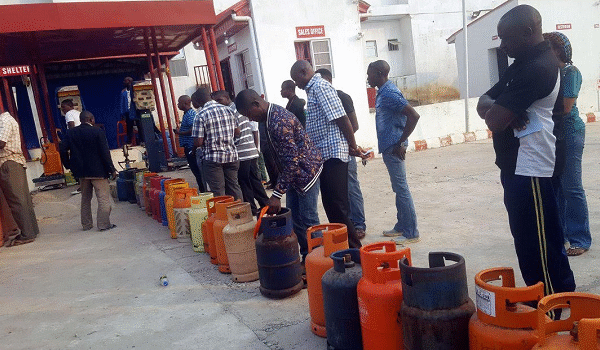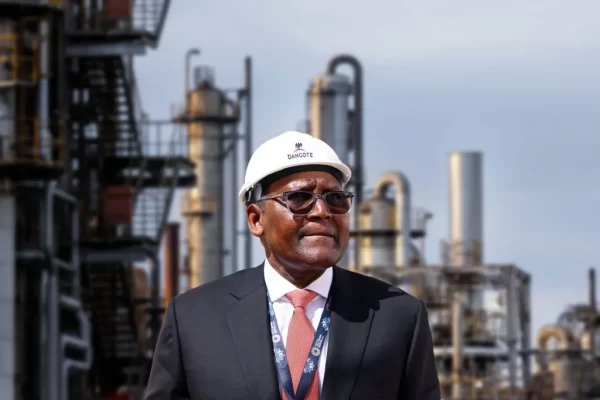
Relief for Nigerians as Dangote Refinery Slashes Cooking Gas Price to ₦760/kg
Lagos, Oct. 7, 2025 — In a development set to ease the financial burden on millions of households, the Dangote Petroleum Refinery has once again reduced the price of Liquefied Petroleum Gas (LPG), commonly known as cooking gas, to ₦760 per kilogram, down from ₦810 just a week ago. This latest cut marks the second major price reduction in less than a month, reinforcing Dangote’s position as a key player driving affordability and competition in Nigeria’s domestic energy market. Dangote Sets New Benchmark for Market Pricing With this adjustment, Dangote’s ex-depot price stands significantly below that of other major suppliers.Current market data shows: Matrix and Ardova depots sell at around ₦920/kg A.Y.M Shafa and NIPCO at ₦910/kg Stockgap Depot, one of the largest suppliers, sells for as high as ₦950/kg The ₦150–₦190 price gap per kilogram underscores Dangote’s growing influence in stabilizing energy prices and making LPG more affordable for consumers. Industry Experts Hail Move Energy experts have lauded the refinery’s strategy as a market-stabilizing intervention aimed at discouraging arbitrary price hikes by other players. They noted that the refinery’s decision aligns with its broader goal of deepening domestic energy supply, reducing reliance on imports, and supporting the federal government’s clean energy transition agenda. “By offering cheaper LPG, Dangote is setting a new benchmark that could force competitors to review their prices downward,” an industry analyst said. “It’s a positive disruption for consumers and for the entire gas value chain.” Consumers Welcome Price Reduction The price cut has sparked optimism among Nigerians, many of whom have struggled with soaring energy costs amid high inflation and a weakening naira. Consumers say they hope the new refinery price will reflect at retail outlets across the country, where gas prices often remain inflated despite depot-level reductions. Boost for Clean Energy Adoption Analysts also predict that if the price stability is sustained, more households may switch from firewood and charcoal to LPG, reducing environmental pollution and improving public health outcomes. The Dangote Refinery’s continued interventions, observers say, could play a pivotal role in reshaping Nigeria’s energy landscape, promoting affordability, and supporting sustainable development.




